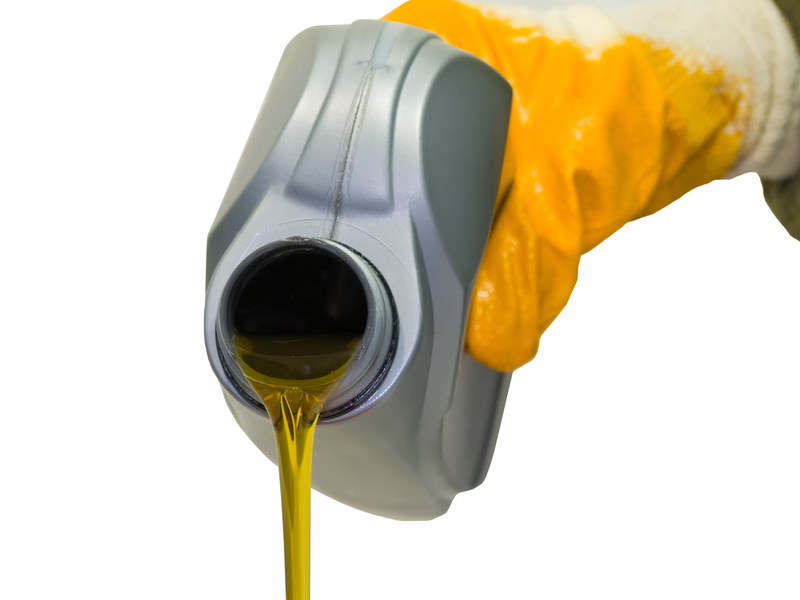Don't Let the Trash Pile Up: Addressing Unemptied Bins
Posted on 28/06/2024
In today's fast-paced world, waste management has become a crucial aspect of maintaining a clean and healthy environment. From household waste to commercial waste, it is our responsibility to properly dispose of it in a timely and efficient manner. However, one of the biggest problems that we often face is unemptied bins. This can not only lead to unpleasant smells and eyesores, but it can also pose serious health hazards. In this article, we will discuss the impact of unemptied bins and ways to address this issue.
The Problem with Unemptied Bins
Unemptied bins are more than just an inconvenience, they can have a negative impact on our health and the environment. When waste is left uncollected for an extended period, it can attract pests and insects such as rats, cockroaches, and flies. These pests can spread diseases and contaminate our surroundings. Moreover, overflowing bins can result in littering which not only spoils the aesthetics of our surroundings but also poses a threat to wildlife and marine life.
In addition to health hazards, unemptied bins also contribute to air and water pollution. Landfills that are not regularly emptied produce methane gas which is known to be a major contributor to global warming. The trash in these bins can also leak harmful chemicals into the soil and water sources, thereby polluting them.

Addressing the Issue of Unemptied Bins
To tackle the problem of unemptied bins, it is essential to understand the root cause. One of the main reasons for bins not being emptied is improper waste segregation. It is important to separate biodegradable and non-biodegradable waste as some types of waste take longer to decompose than others. By correctly segregating waste, we can reduce the amount of time it takes for landfills to reach their maximum capacity.
Another effective way to address this issue is by implementing a regular collection schedule for waste disposal. Municipalities and waste management companies should aim to empty bins at least once a week to prevent them from overflowing. In cases where bins tend to fill up quickly, an additional collection day can be scheduled.
Proper waste disposal techniques such as composting and recycling should also be encouraged. Composting helps in reducing the volume of biodegradable waste that goes into landfills, while recycling decreases the amount of non-biodegradable waste that ends up in our environment. By promoting these practices, we can reduce the need for frequent bin collections and ultimately decrease the chances of unemptied bins.
Tips to Avoid Unemptied Bins
- Regularly check and empty your indoor bins
- Keep outdoor bins securely closed to prevent pests from accessing them
- Segregate waste properly and dispose of it in the designated bins
- Opt for eco-friendly alternatives such as reusable bags and containers instead of single-use plastic or paper products
- Educate others on the importance of proper waste management
Takeaways
The issue of unemptied bins can seem overwhelming, but there are simple steps we can take to address it effectively. By practicing proper waste disposal methods and encouraging others to do the same, we can significantly reduce the negative impact of unemptied bins on our health and environment.
Pros:
1) A cleaner and healthier environment
2) Reduction in air pollution
3) Decrease in water pollution
4) Prevention of pests and diseases
5) Encourages proper waste segregation and disposal techniques

Cons:
1) Additional cost for municipalities and waste management companies for increased collection days
2) Lack of awareness or cooperation from individuals may hinder efforts in addressing this issue
Conclusion
Unemptied bins are a major concern that needs to be addressed promptly. By being more mindful about our waste disposal practices, we can prevent overflowing bins and contribute towards a cleaner and safer environment. Let's work together towards creating a sustainable future by taking simple yet impactful steps in managing our waste. After all, a little effort from each of us can make a significant difference in the long run.





